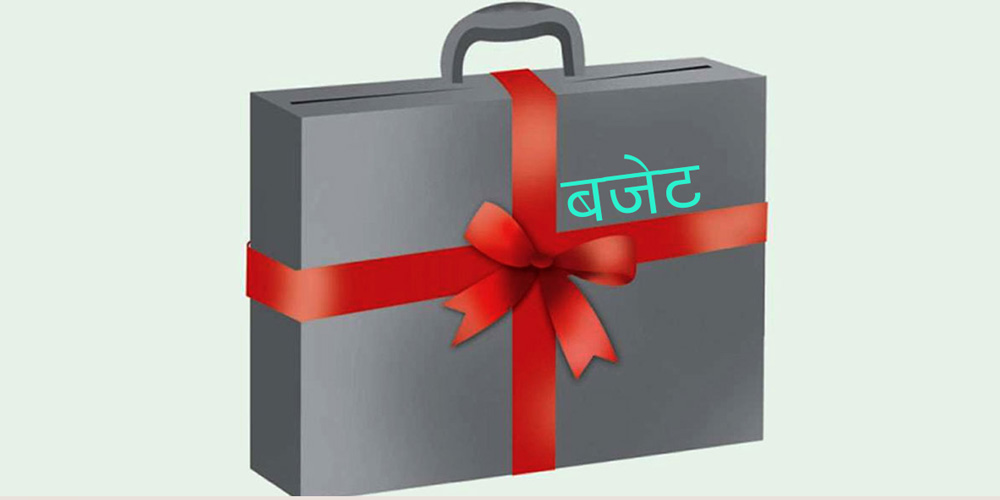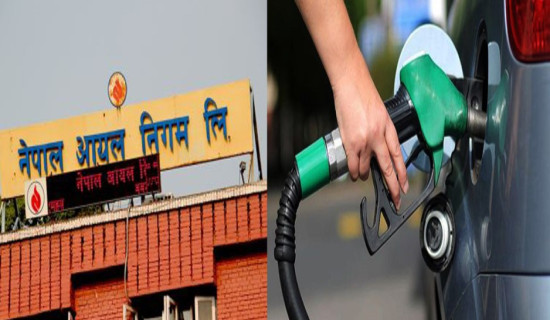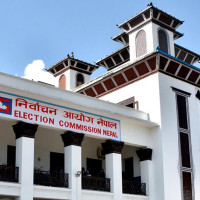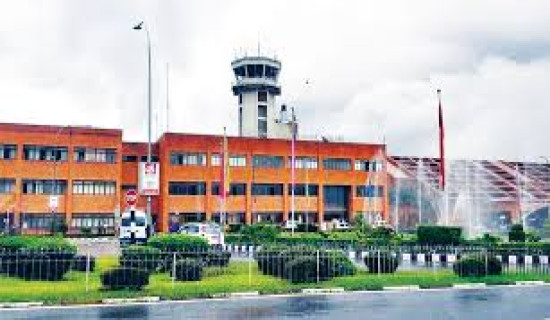- Sunday, 1 March 2026
Experts suggest for realistic budget
Kathmandu, May 20: Economists have said that new budget should be realistic with the solid policies and programmes to accelerate the economy by increasing domestic production and productivity.
The budget should focus mainly on increasing the production and productivity of agricultural commodities, promoting the use of electricity to reduce the consumption of petroleum products and make the sources of foreign currency earnings effective to overcome the present challenges in the national economy, they said.
The government is actively preparing budget for the fiscal year 2022/23 to unveil it on May 29 in the parliament.
"Considering the possible food crisis in the world due to the ongoing war between Russia and Ukraine, the budget needs to focus on domestic production, including cereals, to meet the country's needs," said economist and former member of National Planning Commission Dr. Chandra Mani Adhikari.
In the meantime, as the rising fuel price has hit hard the country's economy and livelihood of general people, the budget should pay attention to replace the use of liquefied petroleum gas by electricity and also promoting electric vehicles by offering a special package, he said.
Through the budget, the government should create the sources of foreign currency earnings, such as foreign direct investment, remittance inflows and tourism sound and effective with the introduction of special programmes to boost foreign currency reserves, Dr. Adhikari told The Rising Nepal.
"When the government enhances the spending capacity of budget, especially capital budget, the FDI inflows will increase and it will support achieving the targeted economic growth and maintaining foreign currency reserves as well," he said.
Talking about the size of the budget, he said the government should pay attention to efficiency of budget instead of size as there is no meaning of budget, even high, if it could not be implemented.
"We have limited resources and implementing capacities of budget. The size of budget should be less then Rs. 1,700 billion,” he said.
Dipendra Bahadur Kshetry, former vice-chairman of the National Planning Commission and former governor of Nepal Rastra Bank, said that the government should bring a budget that would be practical and implementable.
He suggested the government to introduce budget focusing on rising inflation due to price hikes of petroleum products and disturbance in supply chain of consumption goods.
“The priorities of the budget should be self-reliant economy and employment generation. There is no alternative but to allocate required budget for production and productivity to narrow down growing imports and control price hikes by improving supply of domestic products by bringing back the national economy on track,” he said.
The budget should also focus on strengthening the supply system and pay due attention to strengthen the supply chain of domestic products including vegetables inside the country.
The government should not include pipeline projects and less important ones in the budget which support to overcome the shortfall of budget while implementing the present priority projects, he said.
“Definitely, there will be challenge for the government to arrange the budget and also implement the programmes if the government brings budget covering all sectors forgetting the present needs. In my view, the size of budget should be up to Rs. 1,700 billion based on the resources and proper recognition of the priorities,” he said.
Economist Keshab Acharya also suggested bringing a practical and realistic budget considering execution instead of populism.
He said, "The government has been reducing the size of the budget during the mid-term review as the budget has not been spent for the last few years, so the government should bring a budget that is not ambitious but effective in terms of implementation."
"Considering the government performance in terms of budget implementation, in my view, the budget for the upcoming fiscal year 2022/23 should not exceed Rs. 1,500 billion," he said.
According to him, the government should allocate budget for the projects that can be completed within two to three years instead of the ones that take years in the name of national pride as the projects completed in one or two years can support economic growth and employment generation.
Stating that there will be disruption in supply chain of essential goods, including cereals and petroleum products due to ongoing war between Russia and Ukraine, Acharya suggested that the government allocate sufficient budget to keep the stock of these essential goods to meet demand for at least a year with the help of the concerned public entities.
"If the government keeps the stock of essential goods, it supports in food security and also discourages private traders to resort to artificial price hike creating rumour of short supply," he said.
















